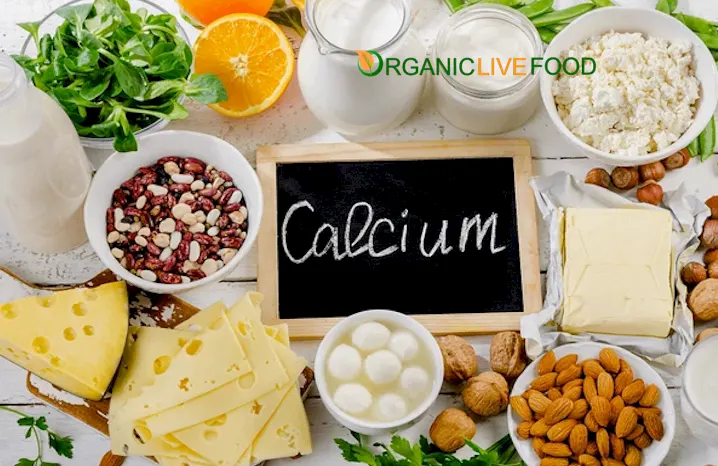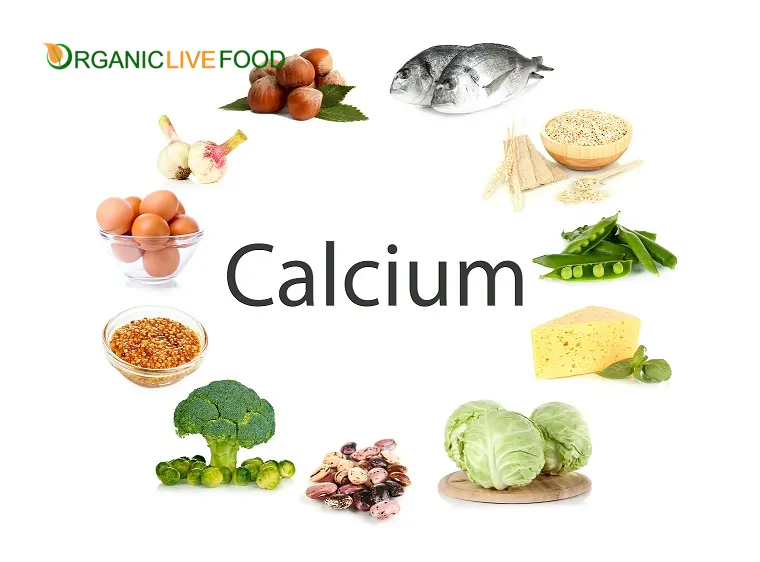Your skeletal system serves as the foundation of your body, providing support, protection, and mobility. We are going to try to cover a few things for you here to help you with insights on factors influencing skeletal health, the role of nutrition, effective exercises for strong bones, prevention of bone diseases, and more.
Each year an estimated 1.5 million individuals suffer a fracture due to bone disease.
Roughly 4 in 10 women age 50 or older in the United States will experience a hip, spine, or wrist fracture sometime during the remainder of their lives.
Osteoporosis is the most common cause of fractures. About 10 million individuals over age 50 in the United States have osteoporosis of the hip. An additional 33.6 million individuals over age 50 have low bone mass or “osteopenia” of the hip and thus are at risk of osteoporosis and its potential complications later in life
The primary reason for osteoporosis, a condition characterized by weakened and porous bones, is a decrease in bone density, typically associated with aging.
As people age, the process of bone resorption (breakdown) outpaces bone formation, leading to reduced bone mass and increased susceptibility to fractures.
One of the main factors is hormonal changes, particularly in postmenopausal women when estrogen levels decline, can accelerate bone loss.
Prevention of osteoporosis involves adopting lifestyle habits that promote bone health, including consuming a calcium-rich diet, engaging in weight-bearing exercises like walking or strength training, maintaining adequate vitamin D levels through sun exposure or supplements, avoiding smoking and excessive alcohol consumption, and undergoing regular bone density screenings to monitor bone health and intervene early if necessary.

The skeletal system forms the framework of our body, providing support, protecting vital organs, and enabling movement.
It consists of bones, joints, cartilage, and ligaments, all working together to maintain the structural integrity of our body. Understanding the skeletal system is crucial for maintaining optimal health and longevity.
The human skeletal system consists of 206 bones, each with a specific shape and function. These bones can be classified into two main categories: axial and appendicular.
The axial skeleton includes the skull, vertebral column, and ribcage. It protects the delicate organs of the central nervous system and provides the core structure for the body.
The appendicular skeleton includes the bones of the limbs, shoulder girdle, and pelvis. It enables movement and supports the muscles responsible for various activities.
The skeletal system serves several essential functions. Firstly, it provides structural support, giving our body shape and form. It also protects vital organs such as the brain, heart, and lungs. For example, the skull safeguards the brain, while ribs protect the heart and lungs.
Also, the skeletal system plays a crucial role in locomotion. With the help of muscles, bones work as levers, allowing us to move and perform everyday activities. Additionally, the skeletal system is involved in the production of blood cells through the bone marrow, ensuring a healthy immune system.
There are various disorders that can affect the skeletal system. Osteoporosis, a condition characterized by low bone density and increased fragility, is a common skeletal disorder, especially among the elderly. Osteoarthritis, a degenerative joint disease, leads to the breakdown of cartilage and causes joint pain and stiffness.
Other disorders include rheumatoid arthritis, scoliosis, and fractures. It is essential to maintain a healthy lifestyle, including a balanced diet and regular exercise, to prevent these disorders and maintain a healthy skeletal system.
The skeletal system plays a very crucial role in maintaining optimal health and longevity. It serves as the framework that supports our body, protects vital organs, and facilitates movement. A healthy skeletal system is essential for maintaining good posture, mobility, and overall well-being.

Maintaining a healthy skeletal system is crucial for overall health and longevity. Several factors can impact the health of your bones and contribute to the risk of developing skeletal-related conditions.
What are the factors that affect skeletal health and what are some insights on how to mitigate their negative effects?

Calcium is one of the most important nutrients for maintaining strong and healthy bones. It is essential for bone formation and remodeling processes. Incorporating calcium-rich foods into your diet can help ensure an adequate intake of this vital mineral. Good sources of calcium include dairy products such as milk, cheese, and yogurt, as well as leafy green vegetables like kale and spinach. Additionally, fortified plant-based milks and calcium supplements can be beneficial for those following a vegan or lactose-free diet.
Vitamin D is essential for proper calcium absorption and utilization in the body. Without sufficient vitamin D, the body cannot effectively absorb calcium, leading to weak bones and an increased risk of fractures. The primary source of vitamin D is sunlight, so make sure to spend time outdoors or consider taking a vitamin D supplement, especially if you live in a region with limited sunlight. Additionally, fatty fish like salmon and sardines, fortified dairy products, and egg yolks are good dietary sources of vitamin D.
Magnesium is another crucial mineral that contributes to bone health. It is involved in the synthesis of bone crystals and helps regulate the levels of calcium and vitamin D in the body. Good dietary sources of magnesium include nuts and seeds, whole grains, legumes, and leafy green vegetables. By incorporating these foods into your diet, you can ensure an adequate intake of magnesium and support optimal bone health.
Protein is essential for the formation and repair of bones, as well as maintaining overall bone strength. Including sources of lean protein such as poultry, fish, beans, and lentils in your diet can help provide the necessary amino acids for healthy bone development. It is important to maintain a balanced intake of protein, as excessive consumption of animal protein may increase the excretion of calcium, potentially compromising bone health.
Phosphorus is a mineral that works in tandem with calcium to maintain strong bones and teeth. It is found in abundance in protein-rich foods, dairy products, whole grains, and nuts. By ensuring an adequate intake of phosphorus, you can support the calcium balance within your body and promote optimal bone health.

1. Weight-bearing Exercises
- Walking
- Jogging/Running
- Dancing
- Stair climbing
- Jumping rope
2. Resistance Training
- Squats
- Lunges
- Push-ups
- Planks
- Deadlifts
3. Flexibility and Balance Exercises
- Yoga
- Tai chi
- Pilates
- Stretching exercises
4. High-Impact Activities
- Jumping jacks
- Hiking
- Tennis
- Aerobics
- Basketball
While exercise if very important, and you should incorporate it into your daily lifestyle and habits, calcium and vitamin D are vital for maintaining strong and healthy bones.
Calcium helps in the formation and development of bones, while vitamin D assists in the absorption of calcium from the diet.
Adequate calcium and vitamin D intake is crucial in preventing bone diseases such as osteoporosis. Good sources of calcium include dairy products, leafy green vegetables, and fortified foods. Vitamin D can be obtained through sun exposure and by consuming fatty fish, egg yolks, and fortified products. In cases where dietary intake is insufficient, supplements can be recommended by healthcare professionals.